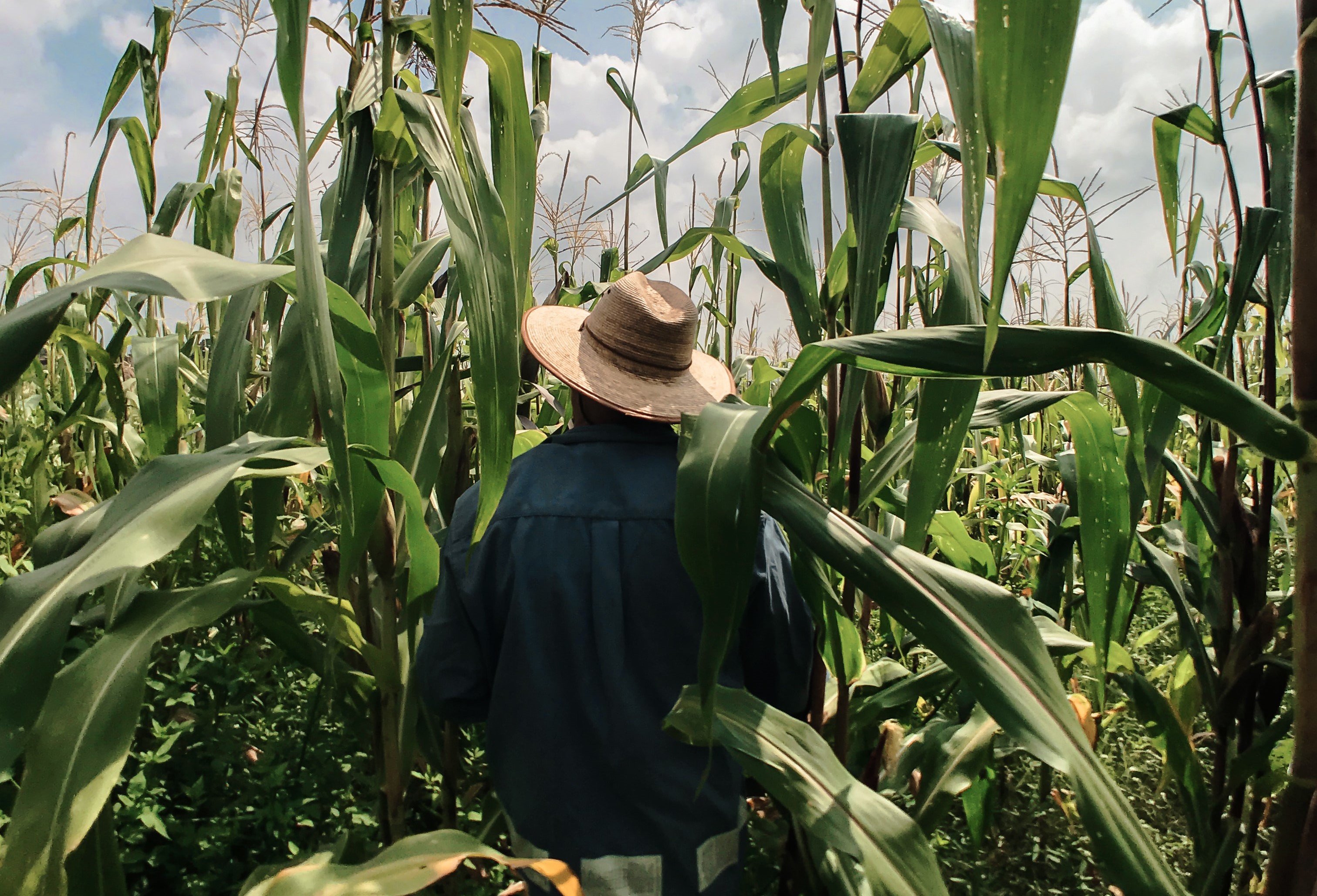MSc Development Studies alum Luis Eduardo Gutiérrez Rojas analyses findings and policy implications from a recent report commissioned by UNICEF, UNDP and IPCIG on the rollout of social protection programmes in Latin America and the Caribbean during the COVID-19 pandemic.
Introduction
The COVID-19 pandemic caused an abrupt shock in the combined economies of Latin America and the Caribbean with a –7.7% GDP reduction and a remarkable increase in poverty (between 2019 and 2020, poverty and extreme poverty went from 30% to 34%, and 11% to 12.5%, respectively). The emergency showed how fragile the region is and how issues like inequality and poverty are deeply attached to GDP behaviour. However, on the other side, the situation also enabled governments to innovate and create new ways of dealing with social stress. Using new technologies and improving the existing processes, many countries could increase the coverage and scope of the social interventions that palliated some impacts of the pandemic.
The regional office of the United Nations Children’s Fund (UNICEF) Latin America and the Caribbean, in collaboration with the International Policy Centre for Inclusive Growth (IPCIG) and the United Nations Programme for Development (UNDP) mapped how states responded to the situation and identified 274 interventions in 36 countries and territories. This article will analyse how the COVID-19 pandemic could re shape social protection systems in the region and lead them towards an ideal universal coverage scenario.
The report focuses on cash transfer programmes, which were the primary response of governments, comprising 52% of the total identified interventions. Based on that, two factors will be analysed here. First, in order to identify new beneficiaries of social measures, governments had to use information systems. In some cases, policymakers could identify people using existing information systems, while in other cases, nations had to build new infrastructures. Second, how the service was provided led to new ways of citizen-government interaction, taking advantage of Information and Communication Technologies (ICT) and, in some cases, creating mixed methods (in-person and digital).
Three sections structure the article: in the first, a small discussion on the importance of public innovation. In the second, some innovations in processes will be described (the demand side). The third section will explore the changes in the service provision (the offer side),followed by a short final reflection.
The importance of innovation in the public sector
Innovation in the public sector is a crucial activity for every government, regardless of its level (national or subnational). Innovation is not only about creating new products or services, but also about learning and gradual improvements in organisational structure or processes. In the case of public organisations, innovation is also about creating public value, increasing legitimacy, and strengthening citizen confidence in institutions.
In developing settings like Latin America and the Caribbean, endogenous innovation and learning processes are crucial for improving governance. Innovation requires technology and a robust institutional framework, two factors that are weak in many Latin American nations. Nevertheless, due to the urgency provoked by the COVID-19 pandemic, many countries implemented new processes, either by using the existing information systems, creating new ones, or implementing new ways of service provision.
Innovation in processes
The first innovative experience traced by the report is how the countries used their databases and information systems to identify beneficiaries. One of the central interventions carried out by public authorities was the horizontal and vertical expansion of some already existing Conditional Cast Transfers (CCTs). In addition, some states created new transfer programmes targeted at unprotected groups like informal workers, migrants, and single-parent households.
How do you identify citizens in a context where physical contact had to be avoided? That was the challenge governments needed to address. In cases like Colombia, with a strong Information System created in 1994 (SISBEN) that covers 78% of the population, the government quickly identified the new beneficiaries and only needed to create an online platform for citizens to check their eligibility.
Brazil opted for a self-postulation service in its programme. Citizens could apply for the grant from their phones using WhatsApp or going directly to the website. This strategy works well in high-demand scenarios, like the one generated by the COVID-19. The government also cross-checked the data obtained from this source with data gathered from the social pension system and the cadastre.
Innovation in service provision
Regarding the offer side, governments adapted their way of paying the transfers by promoting process digitalisation, digital banking, and the use of contactless methods. The most challenging aspect of this was the weaknesses in technological infrastructure. In countries like Bolivia, Honduras, and El Salvador, the internet coverage is barely 60% of the total population, and even in countries with good coverage like Chile or Uruguay, rural areas have inadequate technological infrastructure.
In countries like Argentina, Chile, Colombia, El Salvador, Mexico, and Peru, e-transfers and mobile phone networks were deployed as the main strategies. Conversely, Brazil launched a new mobile app for receiving payments (CAIXA TEM). Paraguay did the same, whereas The Dominican Republic implemented a smart card for its Conditional Cash Transfer Programme, (Progressing with solidarity).

Final reflection: Innovation for a universal social protection system?
According to the report, the programmes reached almost 50% of the population with at least one cash transfer initiative (regardless of the amount of money received or the periodicity). This is more than a 30% increase compared to the pre-pandemic period. This is proof that Latin American countries can go even further in boosting social protection for bigger sections of their populations.
The success of these initiatives thanks to the innovations implemented created a new problem for the fragile regional economies: the fiscal deficit. According to the Economic Commission for Latin America and the Caribbean (ECLAC), COVID-19 reduced tax revenues, intensified the demand for public investment, and unleashed a fiscal tension never witnessed before. The public expenditure reached unprecedented levels with an average of 24.7% of the GDP. This, along with the reduction of tax revenues, caused a fiscal deficit of 6.9% in the region.
Despite such problems, the experience of managing social initiatives in response to the COVID-19 pandemic can provide remarkable lessons for the region in order to strengthen social protection systems. First, there is a vital necessity for improving innovative capacities in order to make institutions resilient in cases of high demand or stress. Second, innovation has enabled the rise of a mandatory discussion based on the question of how to improve the quality of life by widening social protection. Third, as the UNICEF report highlights, there is an urgency to reach excluded social groups in social systems, which must go hand in hand with improvements in technology and information.
Learning from what was achieved in the pandemic, it is time for policymakers, civil society, academia, and international organisations to revisit social protection systems and reform the existing institutions to widen the coverage.
The views expressed in this post are those of the author and in no way reflect those of the International Development LSE blog or the London School of Economics and Political Science.
Main image credit: Rafael Rodriguez/NurPhoto/PA Images via opendemocracy.net.





